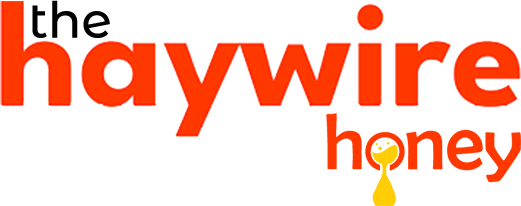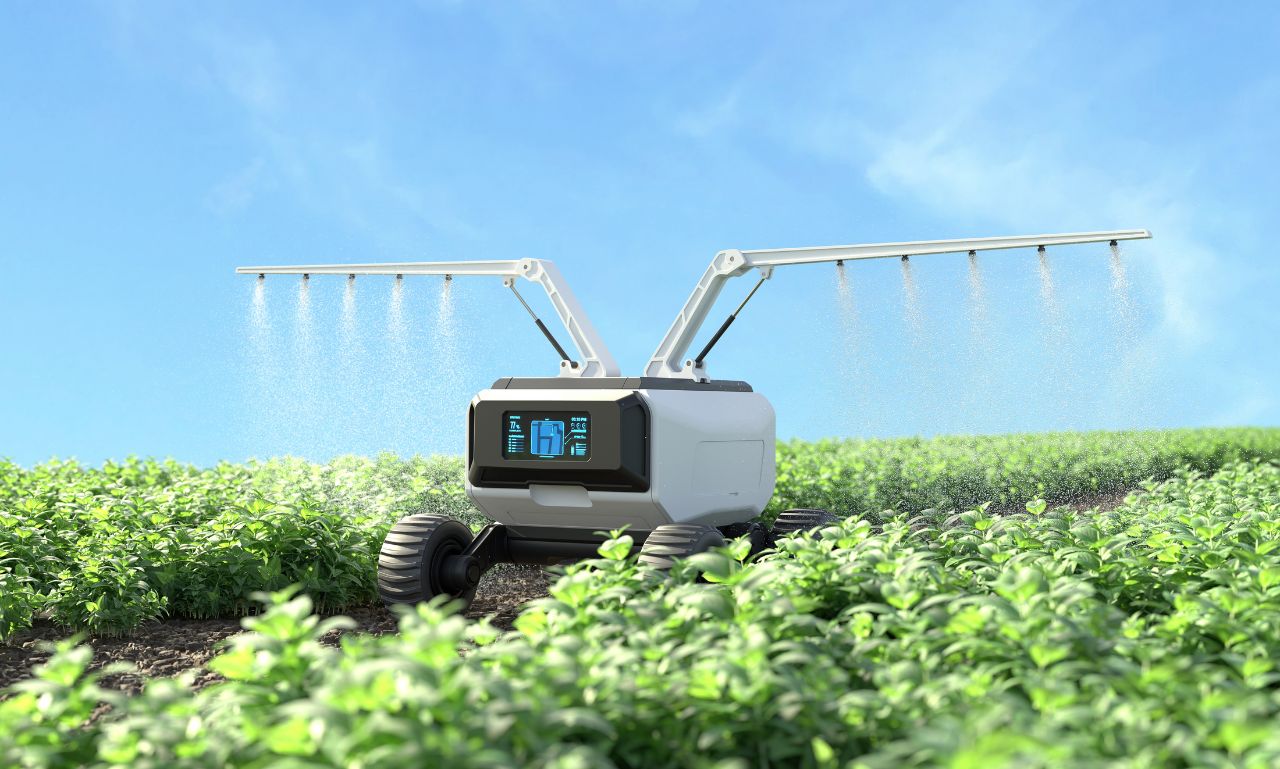As the agricultural industry faces growing pressure to feed a rising global population while adapting to climate change, resource limitations, and economic volatility, new technologies are paving the way for smarter, more sustainable practices. One such innovation leading this transformation is Grospal—a cutting-edge agricultural platform designed to empower farmers with real-time data, automation tools, and intelligent decision-making systems.
Grospal combines cloud computing, machine learning, precision farming, and data analytics into one streamlined solution. Whether you’re managing a small farm or operating a commercial agricultural enterprise, Grospal aims to increase efficiency, improve crop yields, and reduce environmental impact. This article explores Grospal’s features, benefits, and its role in shaping the future of farming.
What Is Grospal?
Grospal is an integrated agriculture technology platform that helps farmers optimize their operations by collecting, analyzing, and applying real-time data from the field. It works by connecting a wide array of smart devices—such as soil sensors, weather stations, drones, and GPS trackers—to a central system that can interpret the information and suggest actionable steps.
At its core, Grospal provides tools for:
-
Monitoring crop health and soil conditions
-
Predicting yields and irrigation needs
-
Managing equipment and farm resources
-
Detecting pests or diseases early
-
Enhancing sustainability through data-driven practices
This all-in-one system allows farmers to work smarter, not harder, by leveraging technology to make better, faster, and more informed decisions.
Key Features of Grospal
Grospal offers a range of smart features tailored to the needs of modern farmers and agricultural enterprises:
1. Real-Time Field Monitoring
Using a network of IoT sensors, Grospal collects continuous data from soil, crops, and the surrounding environment. These sensors measure:
-
Soil moisture and pH
-
Air temperature and humidity
-
Light levels
-
Crop nutrient levels
-
Weather patterns
Farmers can access this data through a mobile or desktop dashboard to make immediate adjustments in irrigation, fertilization, or planting schedules.
2. Precision Farming Tools
Grospal uses GPS mapping and satellite imagery to deliver detailed insights into different zones of a farm. This allows for:
-
Targeted fertilization
-
Variable rate seeding
-
Efficient pesticide application
-
Minimization of resource waste
Precision farming ensures every inch of farmland is managed according to its specific needs, increasing productivity and reducing input costs.
3. Automated Irrigation Management
One of Grospal’s standout features is its intelligent irrigation system. By analyzing moisture levels and weather forecasts, the platform can:
-
Schedule irrigation automatically
-
Avoid overwatering or underwatering
-
Send alerts if anomalies are detected
-
Integrate with existing irrigation infrastructure
This not only conserves water but also protects crops from stress-related damage.
4. Crop Health and Disease Detection
Using drone imaging and AI analysis, Grospal can identify crop issues early—such as discoloration, fungal infections, or pest damage. It then provides:
-
Suggested treatments
-
Area-specific alerts
-
Yield impact assessments
-
Integration with pesticide management tools
Early detection reduces the need for excessive chemical treatments and supports healthier harvests.
5. Farm Management Dashboard
Grospal provides a user-friendly interface where farmers can:
-
Monitor field data in real-time
-
View historical trends
-
Schedule tasks and assign responsibilities
-
Generate reports for performance and compliance
The dashboard is cloud-based, meaning it’s accessible from any device, anywhere, at any time.
Benefits of Using Grospal
Adopting Grospal provides tangible benefits for farmers, agribusinesses, and even consumers:
1. Increased Crop Yields
By fine-tuning input levels and responding quickly to field data, farmers using Grospal typically see higher productivity per hectare.
2. Resource Efficiency
Grospal helps reduce waste of water, fertilizer, and fuel, which lowers operational costs and enhances environmental sustainability.
3. Climate Adaptation
With access to real-time weather forecasts and climate insights, farmers can adapt planting and harvesting strategies to changing environmental conditions.
4. Reduced Labor Demands
Automation and alerts reduce the need for constant manual oversight, allowing farm teams to focus on high-priority tasks.
5. Data-Driven Decisions
Grospal empowers farmers to rely on measurable insights rather than intuition, leading to more consistent and reliable outcomes.
Use Cases for Grospal
Grospal is versatile and scalable, making it suitable for a wide range of agricultural contexts. Here are a few real-world examples:
1. Smallholder Farmers
Grospal helps small-scale farmers monitor soil health and plan irrigation schedules affordably, improving productivity and market competitiveness.
2. Large Commercial Farms
For expansive farms managing multiple fields, Grospal offers centralized control, historical data tracking, and predictive analytics for yield estimation.
3. Organic Agriculture
With an emphasis on sustainability and limited chemical use, Grospal allows organic growers to monitor field conditions closely and prevent issues naturally.
4. Vineyards and Specialty Crops
Precision is critical for premium crops like grapes, berries, or herbs. Grospal provides exact data to ensure peak growing conditions and harvest timing.
5. Livestock Integration
Grospal can also be configured to support livestock monitoring—tracking pasture conditions, water availability, and animal movement through sensors and GPS.
Integration and Compatibility
Grospal integrates with a wide range of hardware and software tools:
-
IoT soil and climate sensors
-
Drone and UAV mapping systems
-
Weather forecasting services
-
Existing irrigation and fertilization systems
-
ERP and logistics software
Its open API also allows tech-savvy users and organizations to create custom integrations tailored to their specific needs.
Data Security and Compliance
Grospal prioritizes data protection and industry compliance. All farm data is stored on secure cloud servers with end-to-end encryption. Farmers maintain full control over their data, including access permissions and usage logs.
Gros Pal also meets global agricultural data standards, making it compliant with sustainability reporting and regulatory frameworks like:
-
GlobalG.A.P
-
USDA Smart Farming Guidelines
-
EU AgriTech Standards
Future Roadmap for Grospal
Grospal continues to innovate with new features in development, including:
-
AI crop forecasting that models growth patterns based on historical weather and input data
-
Blockchain integration for farm-to-fork traceability
-
Voice-command support for hands-free field use
-
Carbon footprint monitoring to support regenerative agriculture initiatives
-
Mobile-first upgrades for enhanced offline capabilities
These innovations position Gros Pal as a future-ready platform aligned with the evolving needs of the global food system.
Getting Started with Grospal
Farmers interested in Grospal can get started through a straightforward onboarding process:
-
Sign up on the Grospal platform
-
Choose a plan based on farm size and service needs
-
Connect sensors and devices (with assistance from Gros Pal support if needed)
-
Customize the dashboard and start receiving insights
-
Train staff using built-in tutorials and help guides
Gros Pal offers flexible pricing based on acreage, device count, and service complexity, making it accessible for operations of all sizes.
Final Thoughts
Agriculture is entering a new digital era, and Grospal is at the forefront of this transformation. By integrating intelligent tools, real-time analytics, and smart automation into everyday farming practices, Grospal empowers farmers to boost productivity, cut costs, and operate more sustainably.
Whether you’re growing staple crops, managing a high-value orchard, or looking to bring modern tech to your traditional farming operation, Gros-pal provides the platform to take agriculture into the future—one data point at a time.

